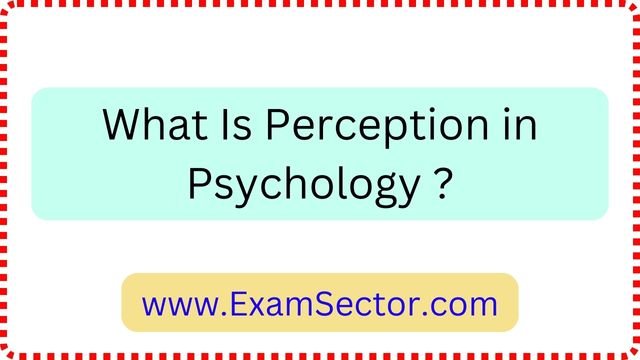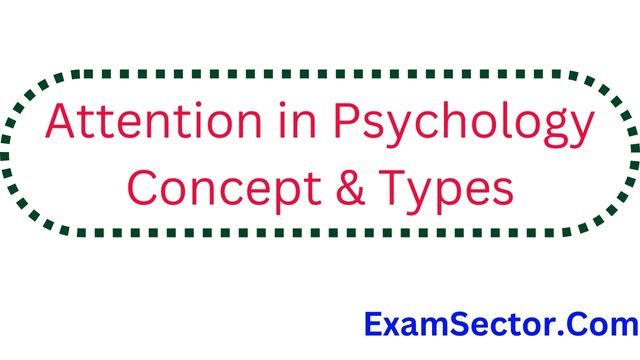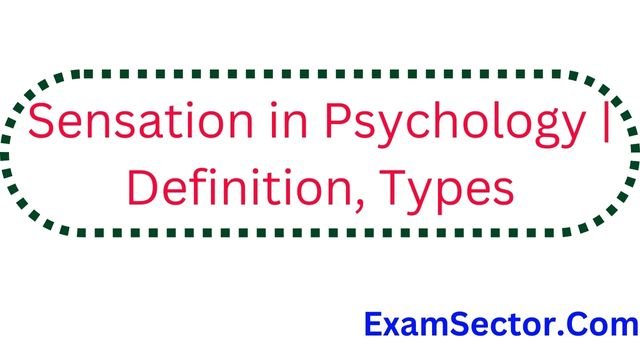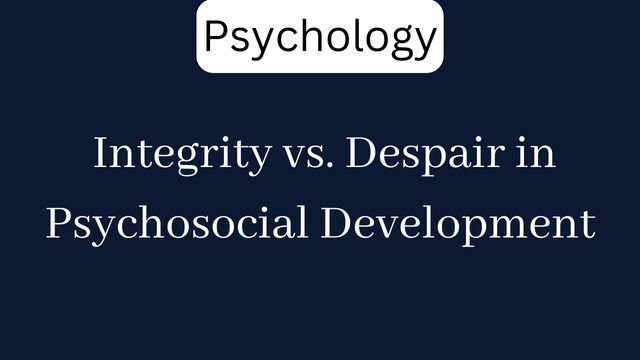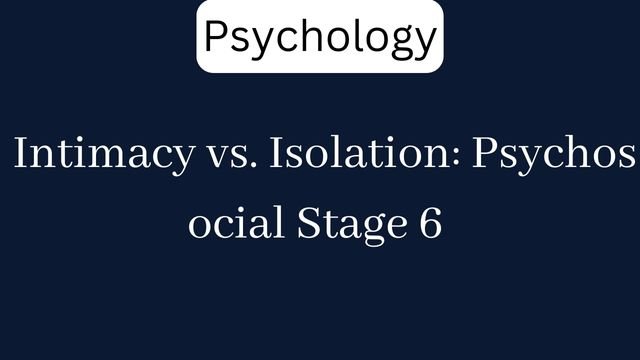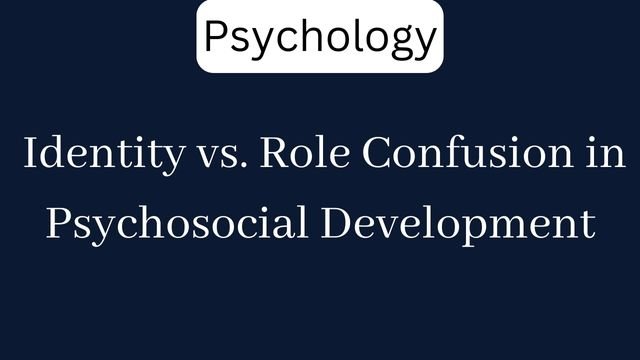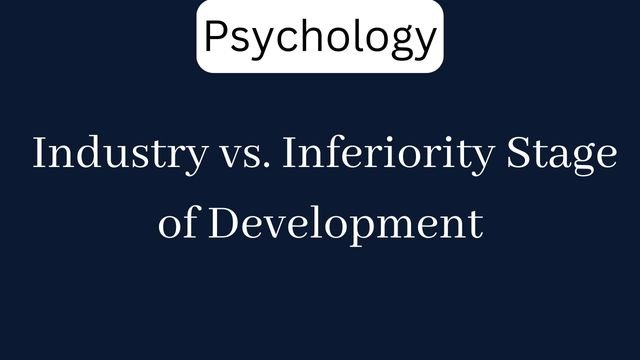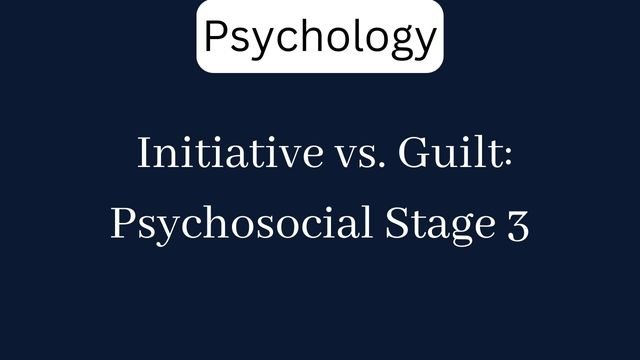Muller-Lyer Illusion in Psychology Illusion Our perceptions are always not correct. Sometimes we cannot correctly interpret sensory information. That is why actual stimuli and its perception differ. The incorrect perception due to incorrect interpretation of information received through sensory organs is termed as illusion. For e.g. while walking in a dark room, we hit across…
Category: Psychology
What Is Perception in Psychology ?
What Is Perception in Psychology ? Meaning of Perception The process of perception starts from sensation. Perception is always of an object, event of a person. The persons, events or objects that are perceived are called stimuli. Whenever there is any stimulus before a person, he senses it through sense organs. He interprets these sensations…
Attention in Psychology Concept & Types
Attention in Psychology Concept & Types Attention in Psychology Many objects present in the room where you are reading can work as stimuli for you such as chair, table, fan, books etc. But you cannot pay attention to all these stimuli at once. Your attention is on the page of the book that you are…
Sensation in Psychology | Definition, Types & Examples
Sensation in Psychology | Definition, Types & Examples Meaning of Sensation in Psychology The initial experience of a stimulus or object through our specialized sensory organs is called sensation. It is a process through which we come to know about physical stimuli. The information received through our sense organs forms the basis of our knowledge….
Integrity vs. Despair in Psychosocial Development
Integrity vs. Despair in Psychosocial Development Integrity v/s Despair This stage is called post adulthood and is regarded as the period of more than 65 years. In this period the individual lives with what he has achieved in whole life. Ideally the individual achieves completeness. In completeness acceptance of limitations of life, accepting oneself as…
Generativity vs. Stagnation in Psychosocial Development
Generativity vs. Stagnation in Psychosocial Development Creativity v/s Stagnation The period of this stage is from the age of 35 years to 65 years or it is the period of middle adulthood. In this period the individual through creative or productive ways keeps his children and guides the next generation. At this stage he thinks…
Intimacy vs. Isolation: Psychosocial Stage 6
Intimacy vs. Isolation: Psychosocial Stage 6 Intimacy v/s Isolation This stage covers the period starting from 18 years of age and ending at the age of 35 years. Ifa young man fears that he cannot identity with others he will, in future, advances towards isolation. Intimacy goes beyond the sexual. Intimacy is such a capacity…
Identity vs. Role Confusion in Psychosocial Development
Identity vs. Role Confusion in Psychosocial Development This stage covers the period starting from 12 years and ending in 18 years of age. The formation of identity is caused by synthesis of successful self and synthesing again and again from childhood. The integration of identity is caused by specific needs, desired capabilities, important identity, effective…
Industry vs. Inferiority Stage of Development
Industry vs. Inferiority Stage of Development Industry v/s Inferiority This period begins at the age of 6 years and ends at the age of 12 years. The child engages his energy in emproving himself and winning objects and other people. He wants to enter the wide world of knowledge and actions. It means ‘age of…
Initiative vs. Guilt: Psychosocial Stage 3
Initiative vs. Guilt: Psychosocial Stage 3 Initiative v/s Guilt This period expands from 3 years to 5 years of age. In this period child develops rapidly in these aspects physical, intellectual and emotional. He display his self-dependent behaviour out of home which takes the form of initiative and a feeling of right and wrong begins…

